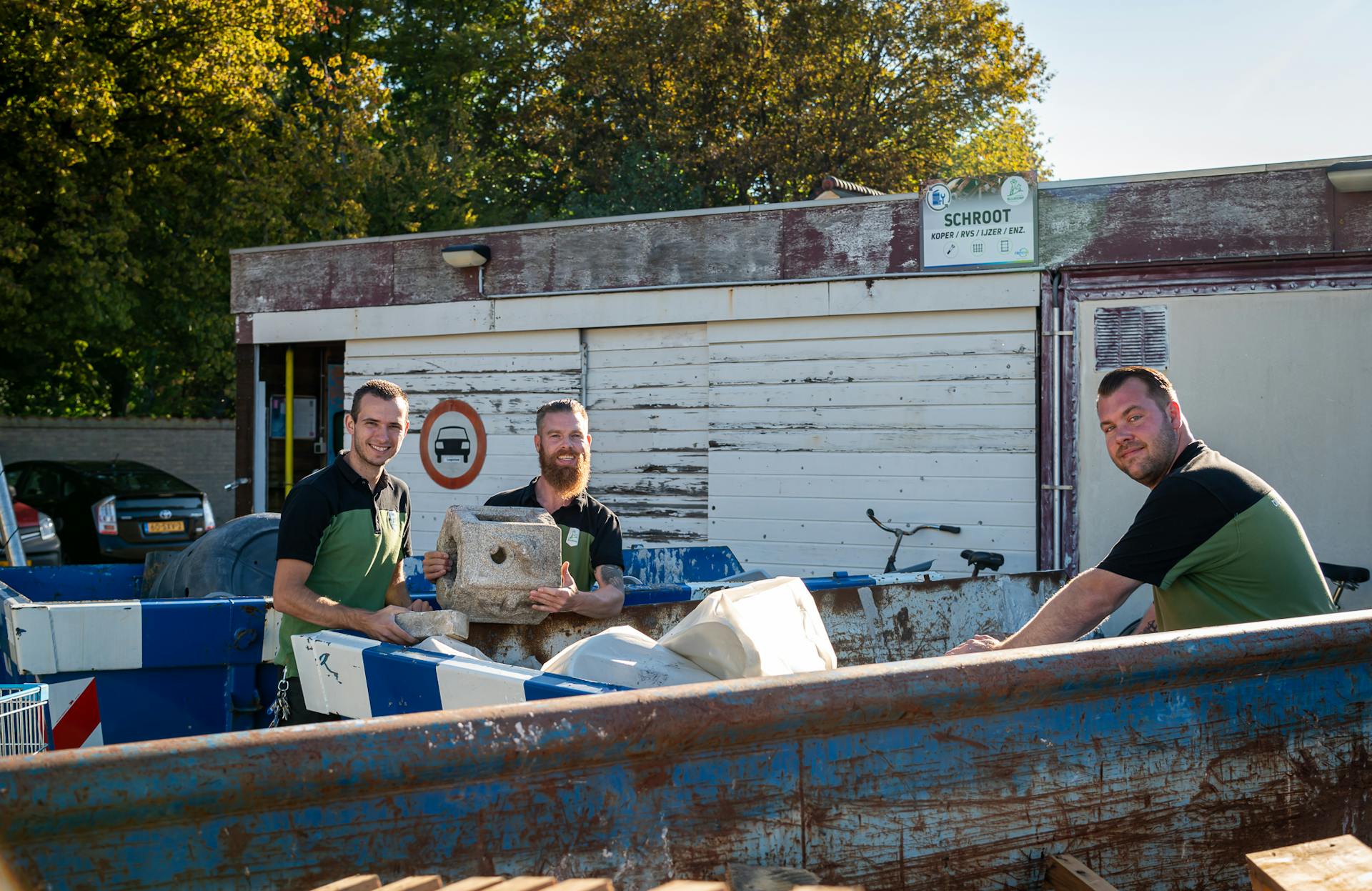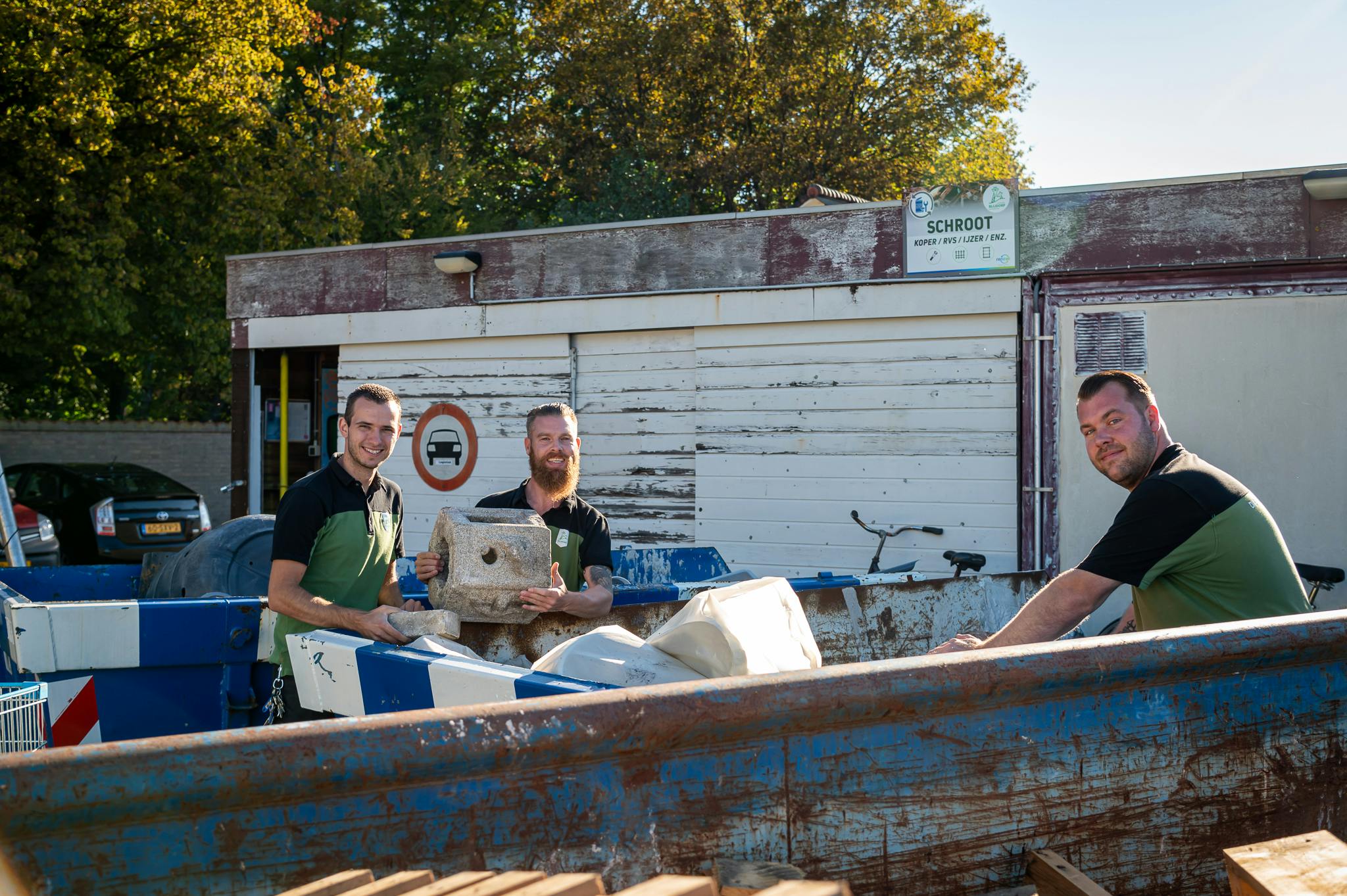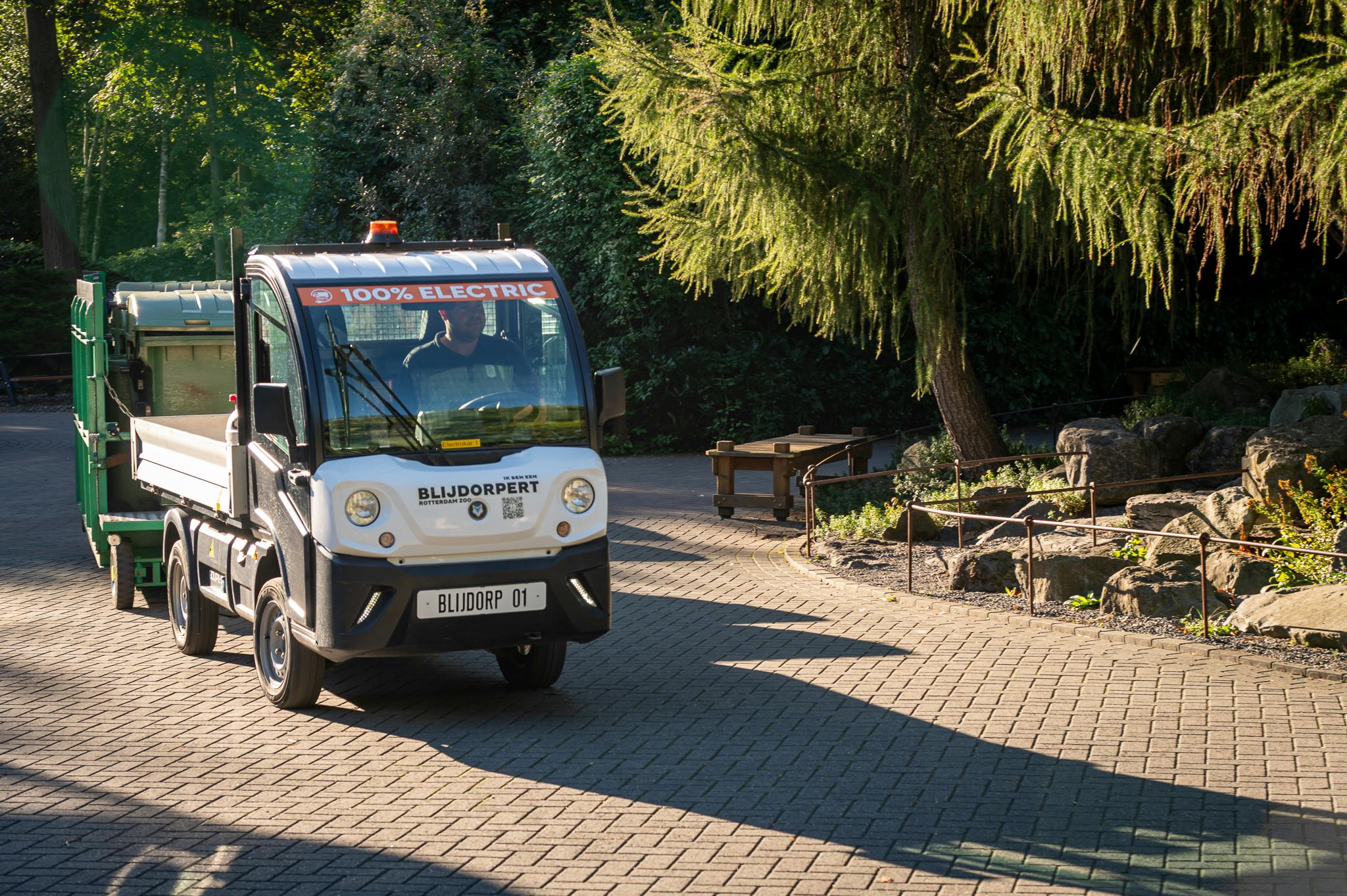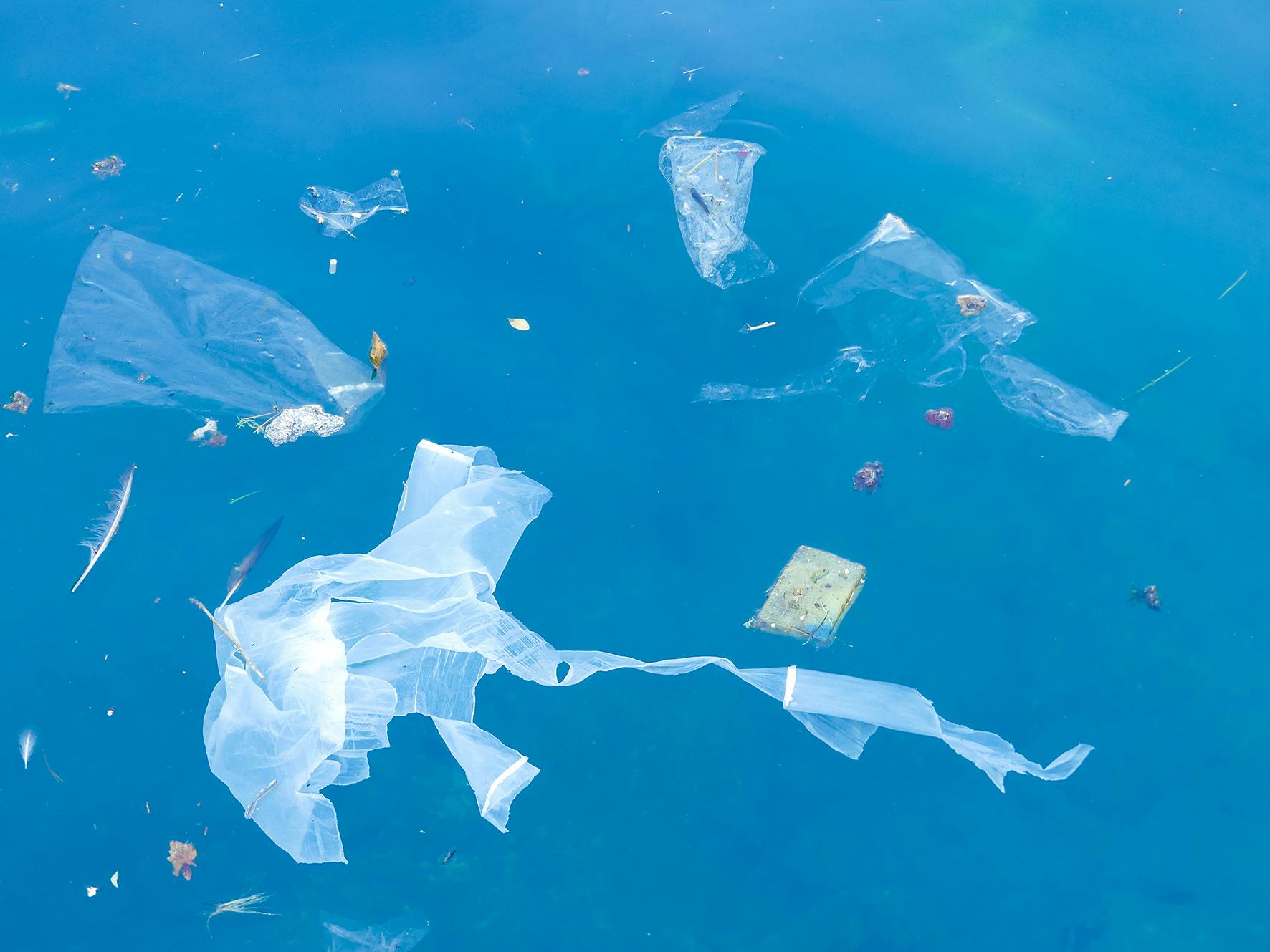

At Blijdorp, we handle waste sustainably. For many years, Blijdorp Zoo has been committed to sustainable operations. After all, caring for nature is inherently linked to the environment. Among other things, we handle the waste we produce sustainably. For instance, behind the scenes, we separate our waste at our environmental park and we have our own composting machine. But as a visitor, you can also contribute by, for example, returning your cans or plastic bottles.



